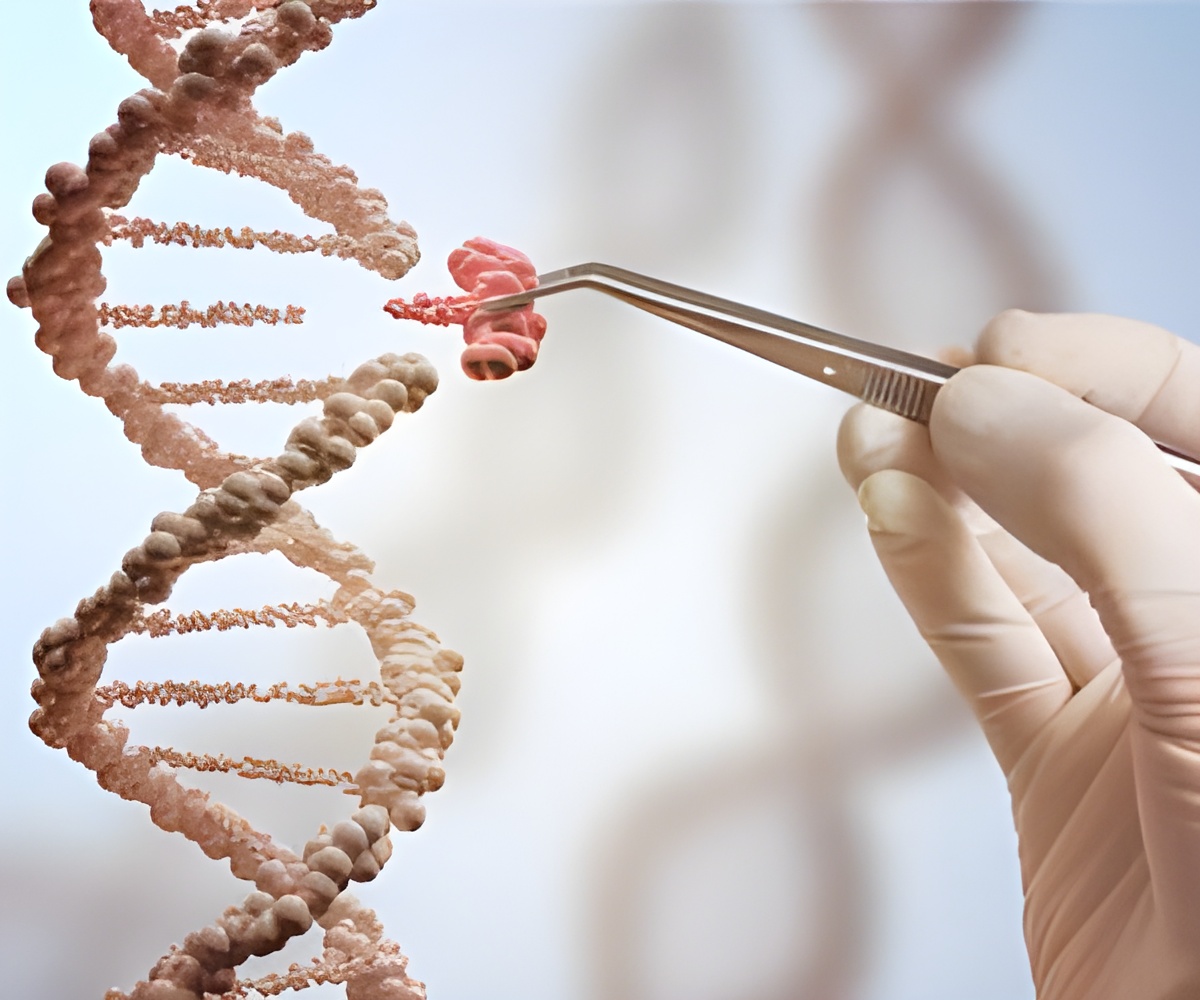Cancer-causing mutations may suppress the human immune response around the tumors. Mutation in the “Ras” gene may encourage this phenomenon.

TOP INSIGHT
Ras mutations play an important role in various stages of cancer as they can cause cancer cells to grow and multiply. They can also suppress the immune system around tumors by increasing levels of a protein called 'PD-L1'.
"For cancer immunotherapies targeting PD-L1 to work, you need two things: Firstly, you need PD-L1 to be blocking an immune attack in the patient's tumor. Secondly, the immune system is only able to recognize and attack cancer cells that produce 'antigens', molecules that immune cells can bind to. Cancer antigens are currently difficult to test for clinically, so PD-L1 is now a major test for deciding if immunotherapy will work. It is therefore very important to understand what turns on PD-L1 in cancer."
By revealing the causal link between Ras and PD-L1 levels, and the mechanisms behind it, the new study offers new possibilities for combination therapies using different drugs. As part of the study, mice with Ras mutant cancers were given compounds to counteract the effects of Ras signaling on PD-L1 expression. Their tumors were attacked by the immune system, slowing tumor growth.
"Our study highlights the fundamental role that Ras mutations play throughout the different stages of cancer," explains senior author Professor Julian Downward, Group Leader at the Francis Crick Institute and Head of the Lung Cancer Group at the ICR.
"We already knew that they played a key role in starting around a quarter of all human cancers, causing cancer cells to grow, multiply and spread. We now know that they also help to protect the cancer cells from our immune systems, making them more difficult to treat. Understanding the mechanisms behind this will help us to develop better treatments in future, for example boosting immunotherapy approaches with drugs that disrupt cancer's defenses." said Professor Julian Downward.
 MEDINDIA
MEDINDIA




 Email
Email







